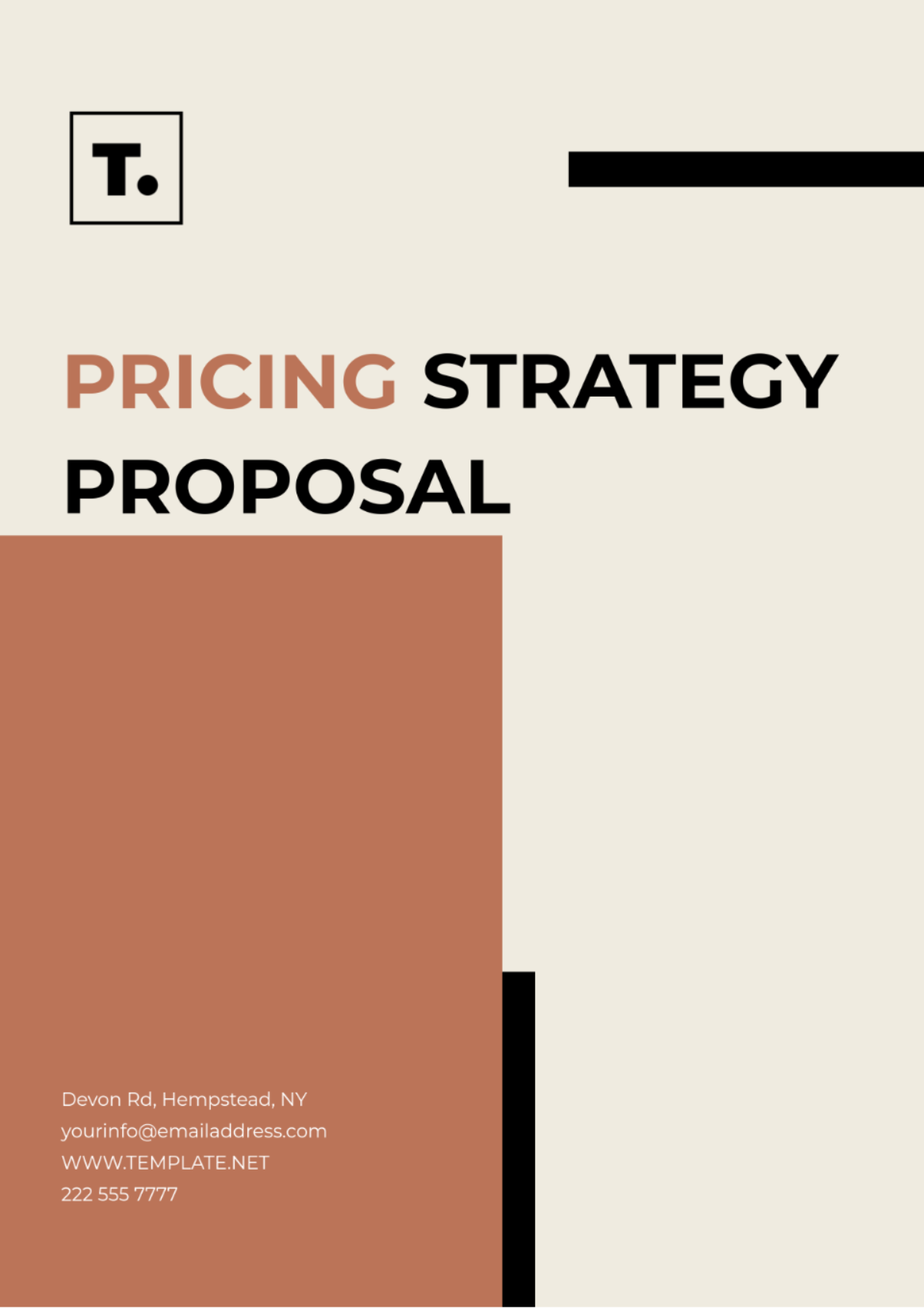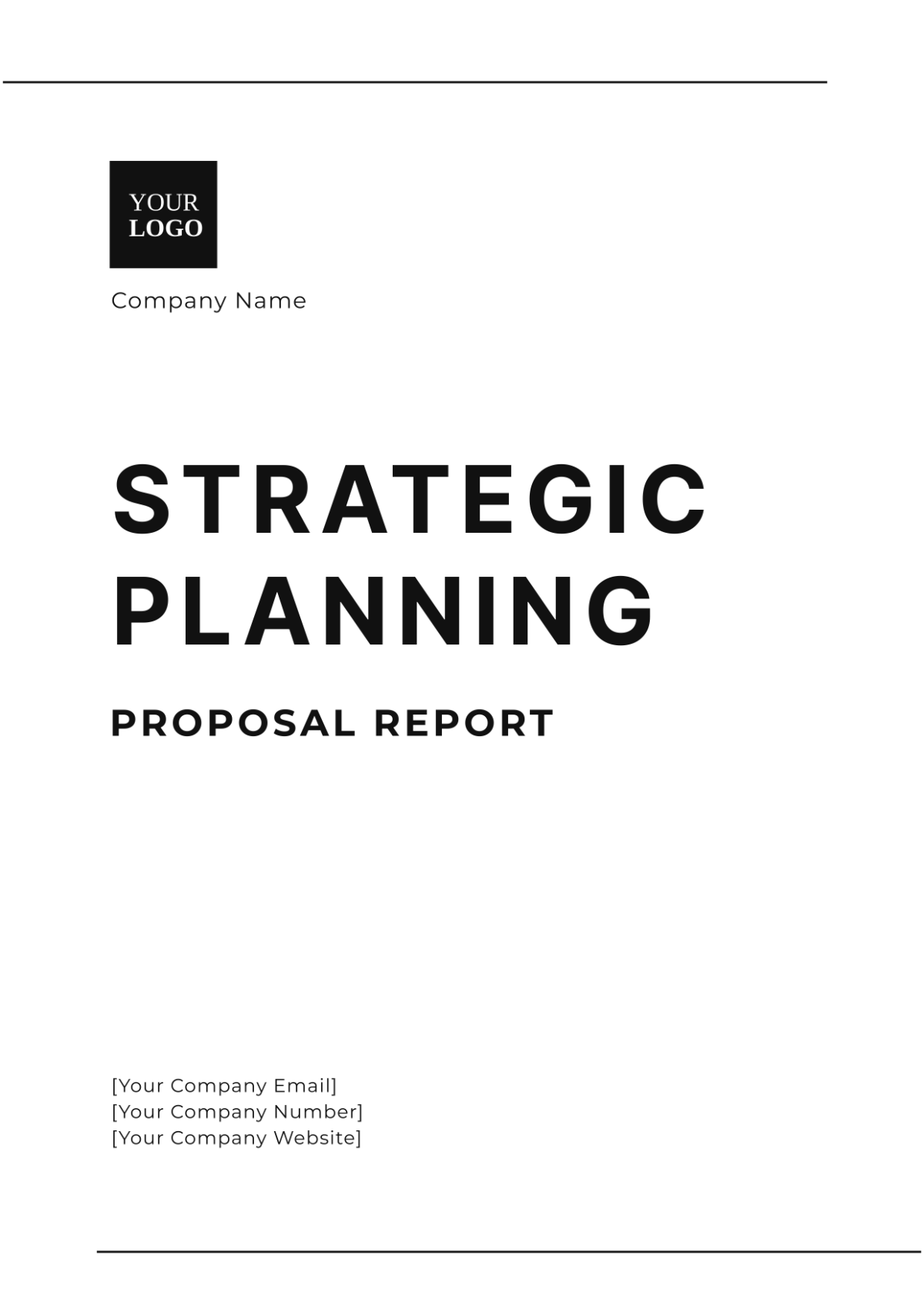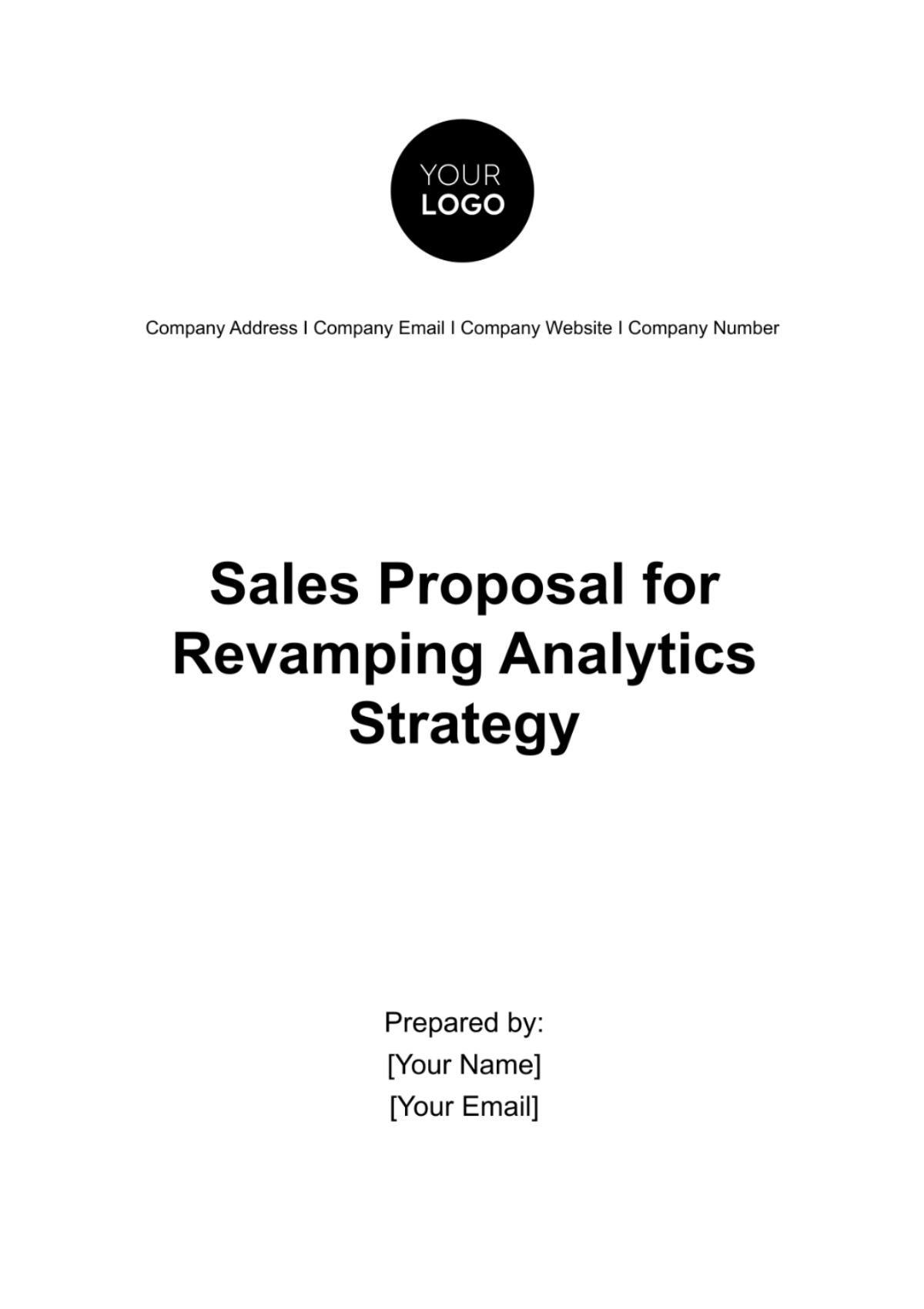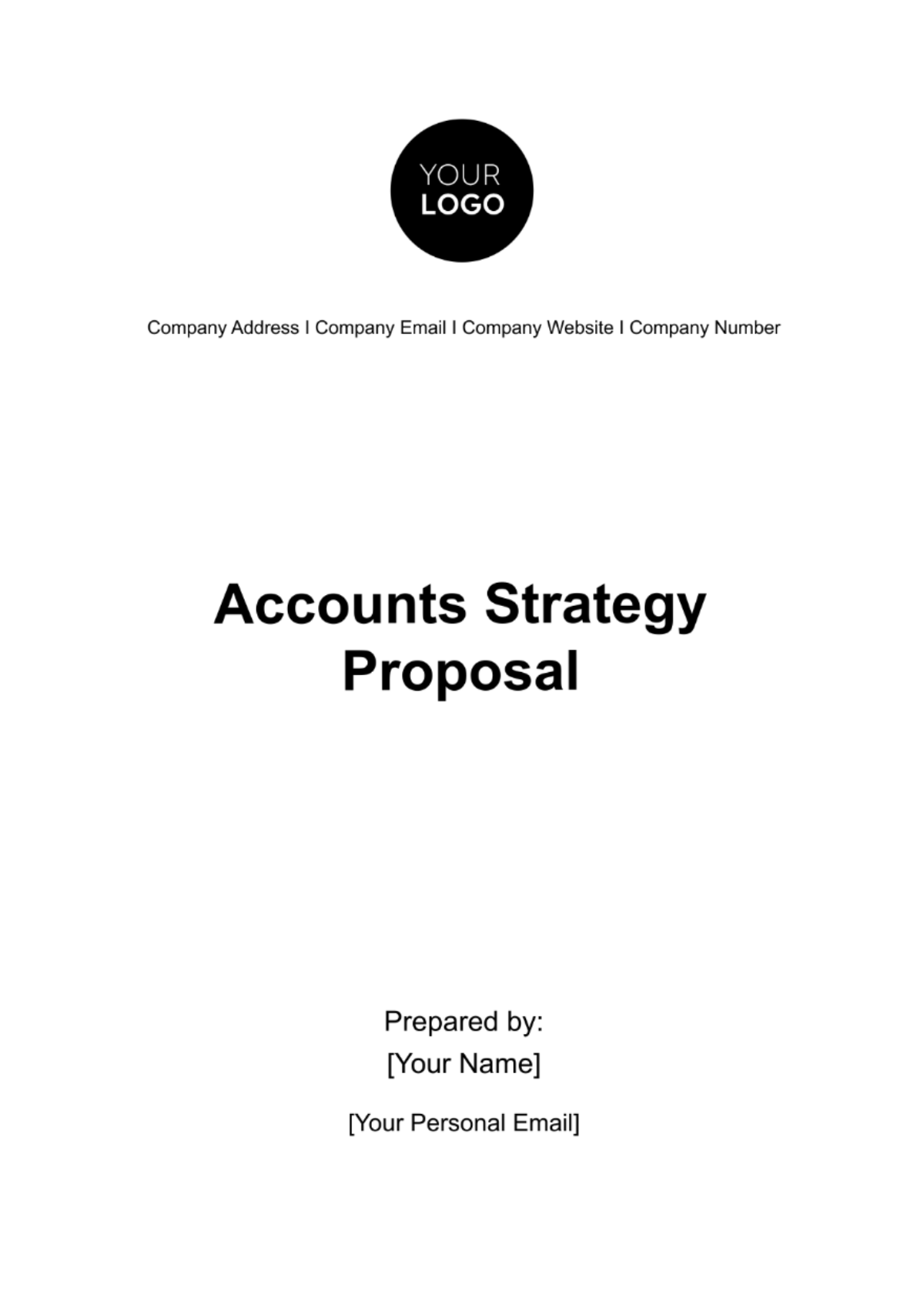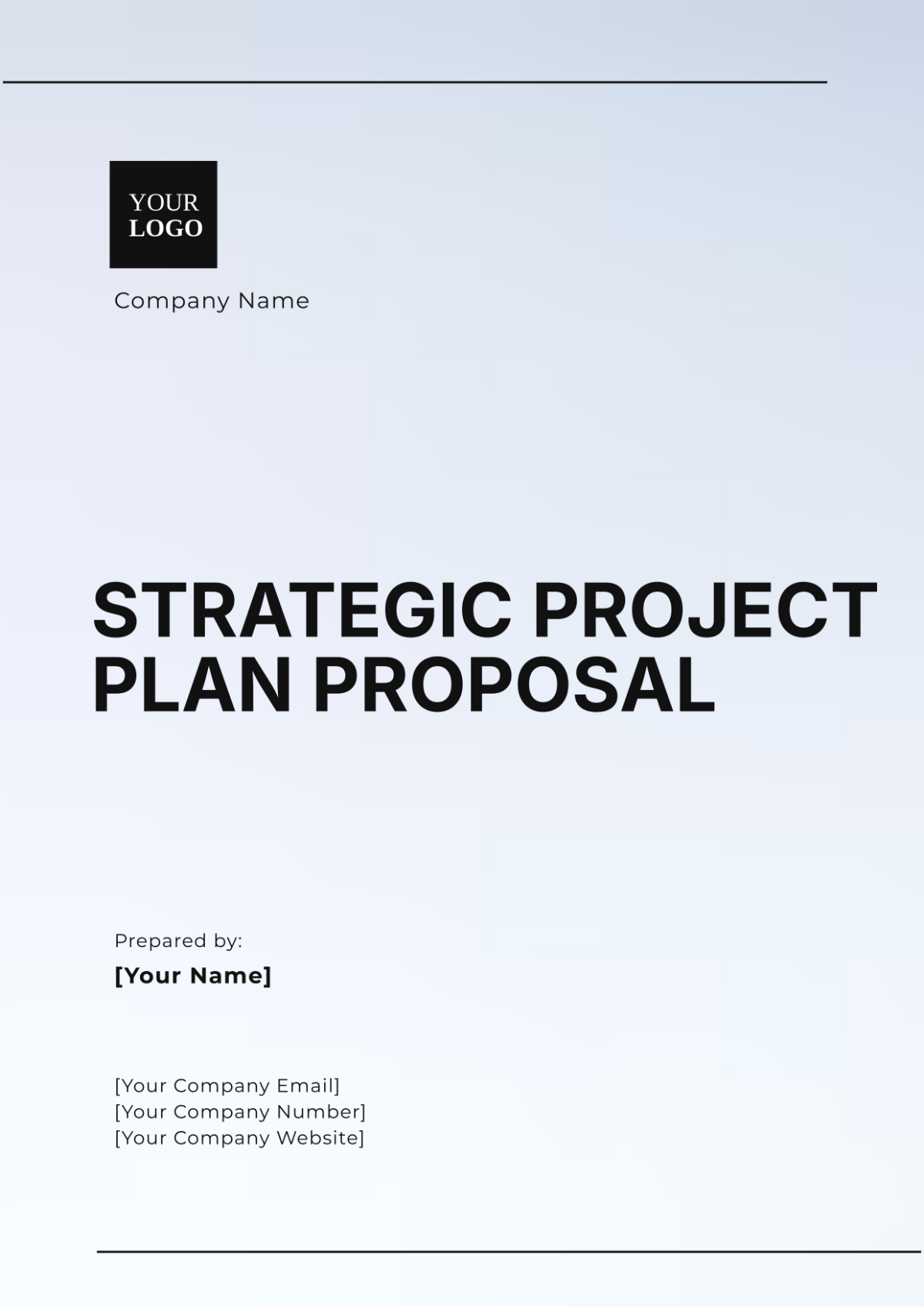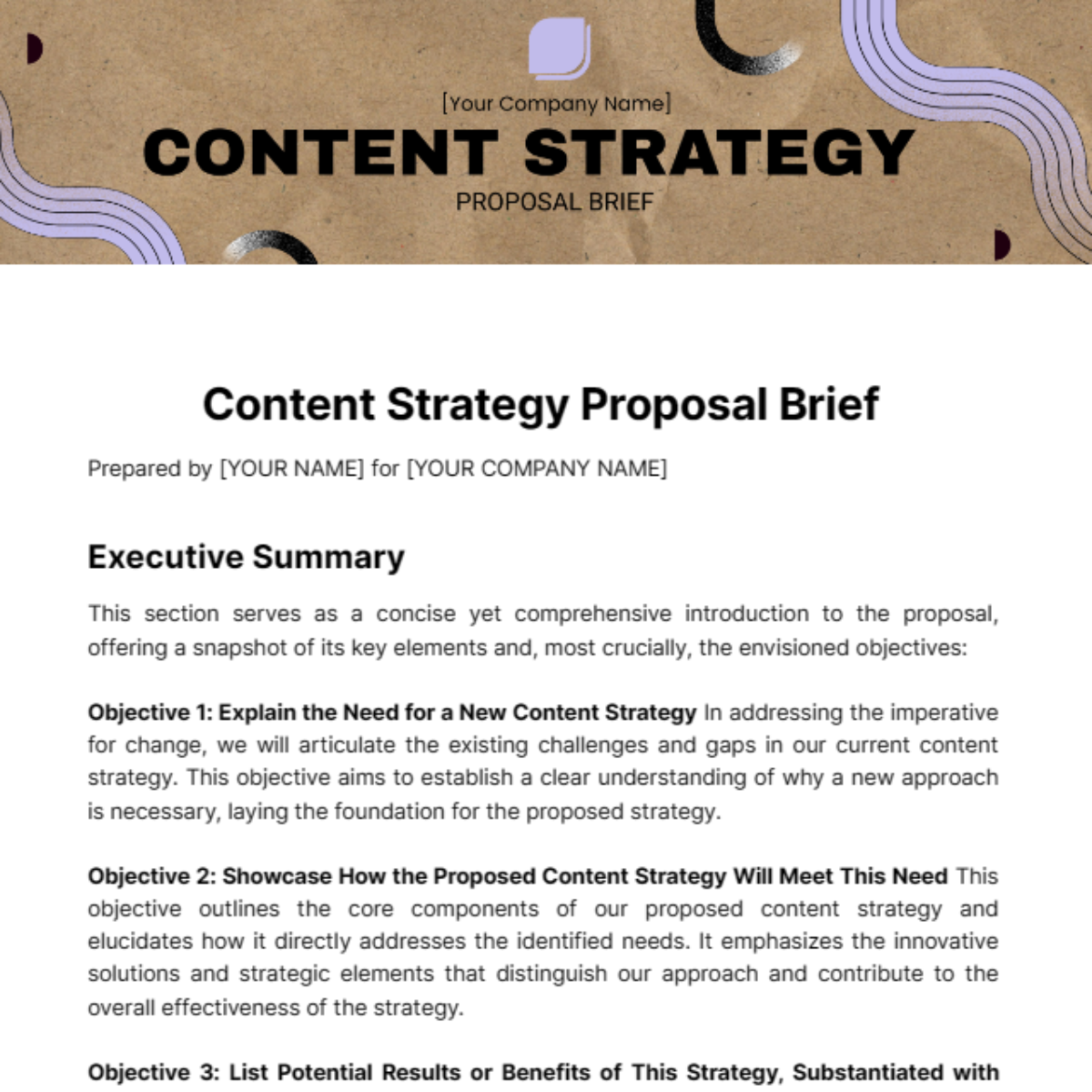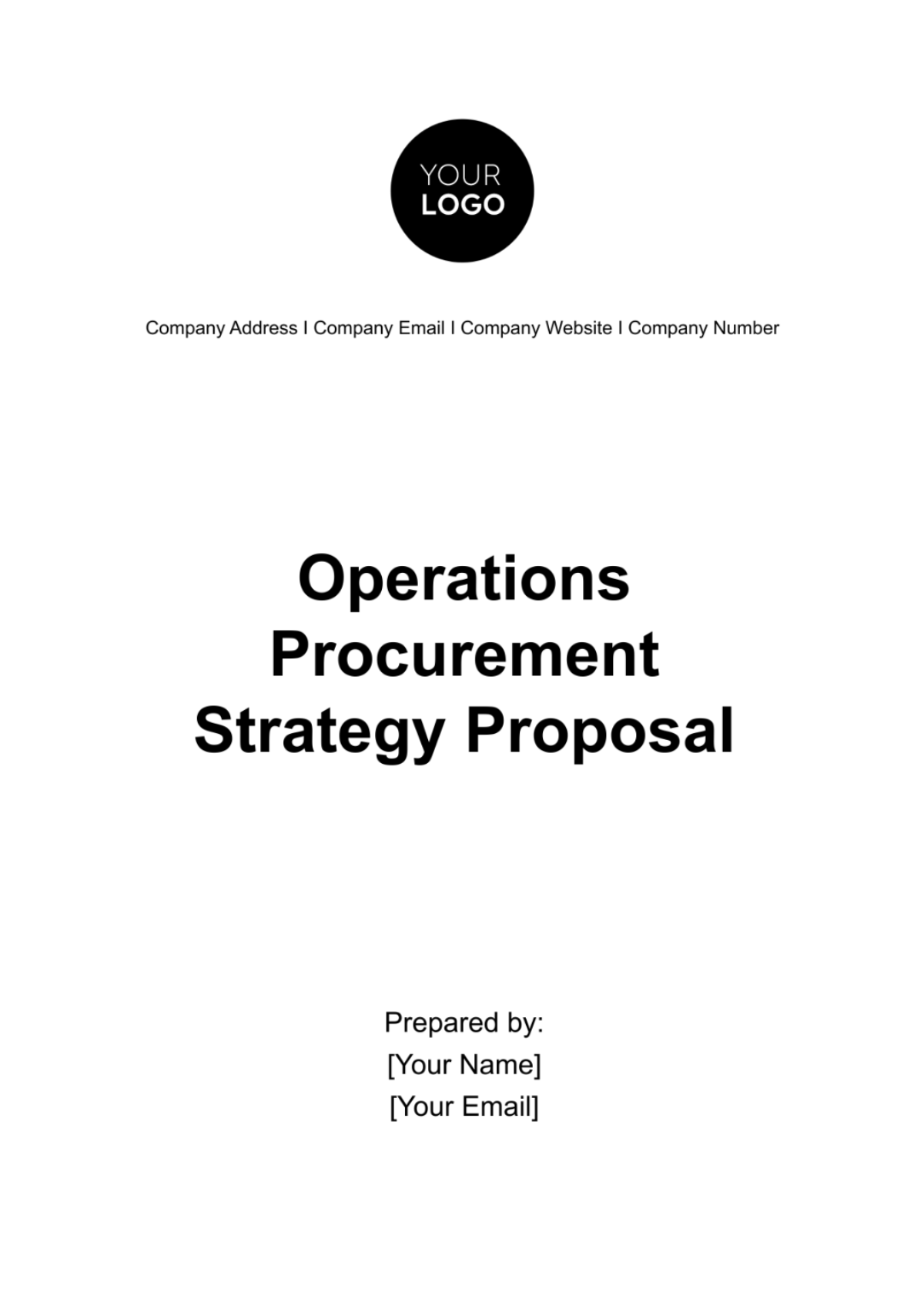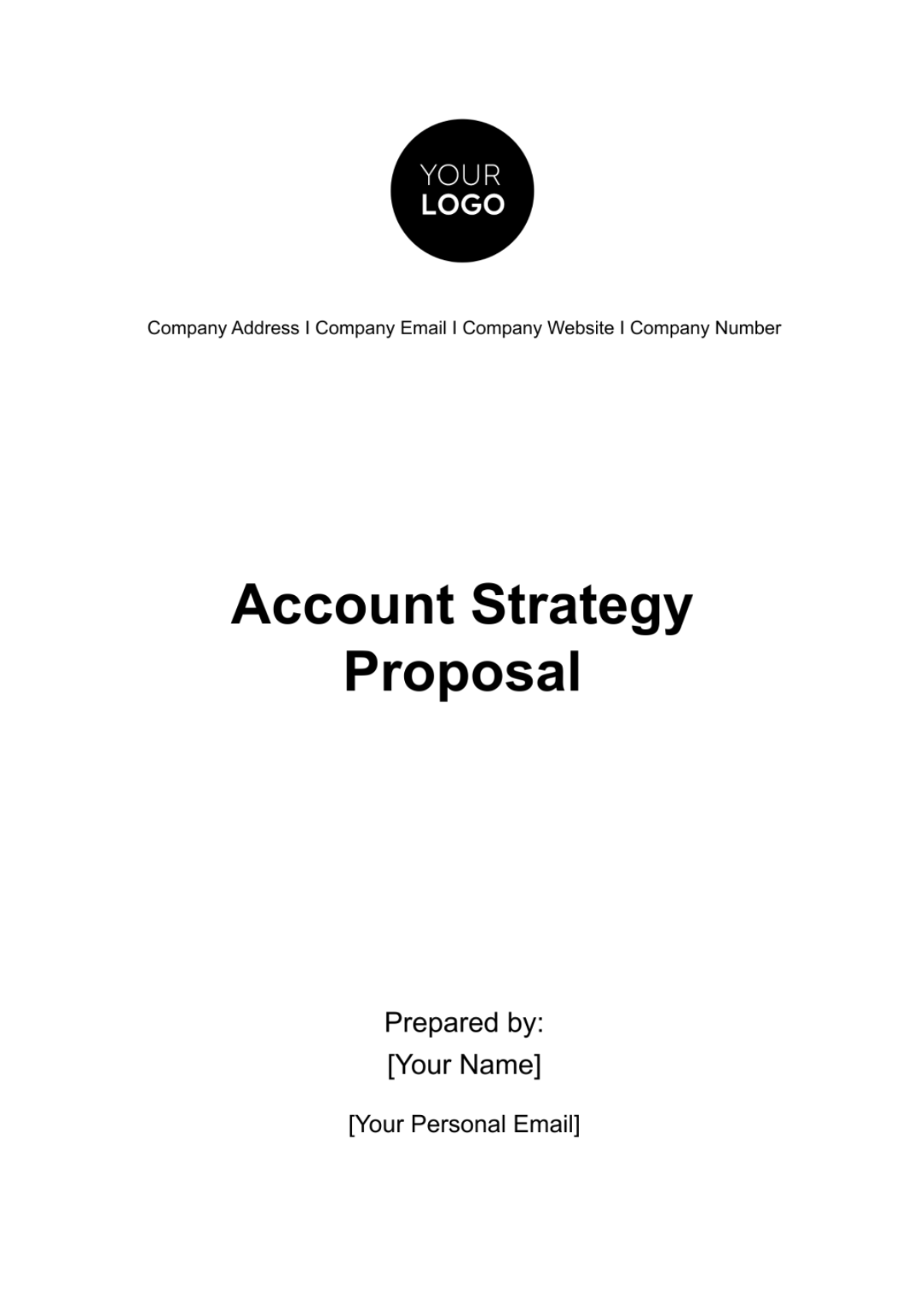Strategic Planning Proposal Report
Prepared By: [Your Name]
1. Executive Summary
This strategic planning proposal outlines the strategic initiatives for [Your Company Name] over the next five years. We aim to enhance market presence, drive innovation, and improve operational efficiency to achieve a 25% increase in revenue. This plan includes a detailed market analysis, strategic objectives, implementation plans, resource allocation, and performance metrics to ensure successful execution and continuous improvement.
2. Company Overview
[Your Company Name]
Founded: 2050
Location: [Your Company Address]
Employees: 5,000+
Revenue: $1 billion (2078)
Industry: Consumer Electronics
[Your Company Name] is a leading consumer electronics company known for innovative products, exceptional customer service, and a commitment to sustainability. Our product line includes smartphones, tablets, and smart home devices.
3. Market Analysis
Market Trends
Increasing demand for smart home technology
Growth in mobile computing devices
Shift towards sustainable and eco-friendly products
Competitive Landscape
Major Competitors: TechCorp, SmartGadget Inc., FutureTech
Market Position: [Your Company Name] ranks third in market share with a strong presence in North America and Europe.
Customer Insights
Target Demographics: Tech-savvy consumers aged 18-45
Key Preferences: High performance, affordability, and eco-friendliness
4. Strategic Objectives
Expand Market Share
Increase market share by 15% in North America and Europe.
Enter the Asian market with a localized product line.
Innovate Product Line
Launch five new products annually.
Invest in R&D to develop cutting-edge technology.
Enhance Customer Experience
Improve customer satisfaction scores by 20%.
Expand customer support services.
Sustainability Initiatives
Reduce carbon footprint by 30% by 2028.
Introduce a recycling program for old devices.
5. Implementation Plan
Phase 1: Market Expansion (Year 1-2)
Conduct market research in Asia.
Establish partnerships with local distributors.
Phase 2: Product Innovation (Year 1-3)
Increase R&D budget by 25%.
Develop a new line of eco-friendly products.
Phase 3: Customer Experience (Year 2-4)
Launch a 24/7 customer support hotline.
Implement a customer feedback system.
Phase 4: Sustainability (Year 3-5)
Set up recycling centers in major cities.
Transition to renewable energy sources for all facilities.
6. Resource Allocation
Budget Allocation
R&D: $200 million annually
Marketing: $150 million annually
Customer Support: $50 million annually
Sustainability Projects: $75 million annually
Human Resources
Hiring 500 additional engineers for R&D.
Training programs for customer support staff.
Hiring sustainability experts to lead green initiatives.
7. Performance Metrics
Financial Metrics
Revenue growth rate: 25% increase in five years
Profit margin: Maintain at 20%
Customer Metrics
Customer satisfaction score: Increase by 20%
Market share: Achieve 15% growth in targeted regions
Operational Metrics
Product launch timelines: Meet 95% of deadlines
R&D output: Launch five new products annually
Sustainability Metrics
Carbon footprint: Reduce by 30%
Recycling rate: Achieve 50% participation from customers
8. Risk Management
Identified Risks
Market Entry Risks: Cultural and regulatory challenges in Asia.
Technological Risks: Rapid technological changes.
Operational Risks: Supply chain disruptions.
Mitigation Strategies
Market Entry: Partner with local experts and legal advisors.
Technological: Invest in continuous R&D and flexible product designs.
Operational: Develop a diversified supply chain and maintain inventory buffers.
